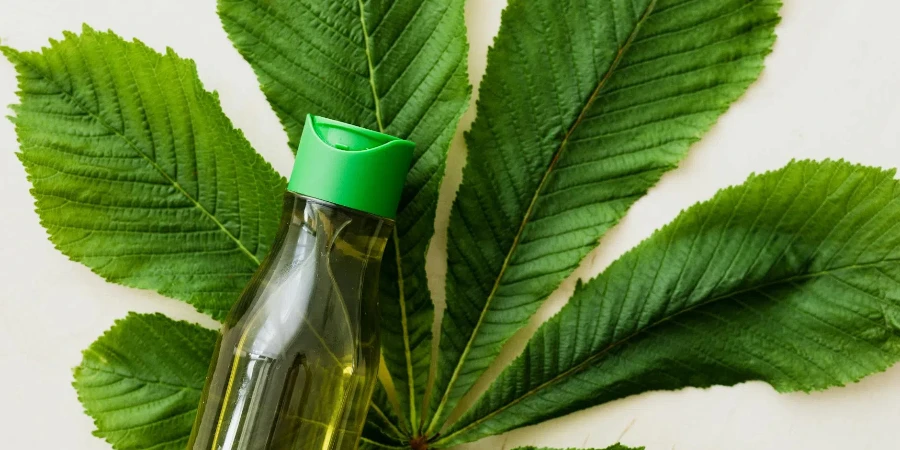In the quest for healthier, more vibrant hair, tea tree shampoo emerges as a noteworthy contender. Known for its natural properties and invigorating scent, this shampoo variant has gained popularity for good reason. This article delves into the essential aspects of tea tree shampoo, uncovering its benefits, how to use it effectively, and what to consider when choosing the right product. By understanding these key areas, readers can make informed decisions about incorporating tea tree shampoo into their hair care regimen.
Table of Contents:
– The benefits of using tea tree shampoo
– How to use tea tree shampoo effectively
– Selecting the right tea tree shampoo
– Common misconceptions about tea tree shampoo
– Tea tree shampoo for different hair types
The benefits of using tea tree shampoo

Tea tree oil, derived from the Australian native plant Melaleuca alternifolia, has been used for centuries for its antibacterial and antifungal properties. When infused into shampoo, these properties can offer significant benefits for hair and scalp health. Firstly, tea tree shampoo is known for its ability to combat dandruff and soothe scalp irritation. Its natural components help to cleanse the scalp, removing impurities and dead skin cells.
Moreover, tea tree shampoo can contribute to hair growth. By unclogging hair follicles and nourishing the roots, it creates an optimal environment for hair to grow. Additionally, its moisturizing properties can help to prevent dryness and brittleness, making hair look and feel healthier.
Finally, the natural ingredients in tea tree shampoo are gentle on the hair and scalp. Unlike some chemical-based products, it cleanses without stripping away natural oils, maintaining the hair’s natural balance and shine.
How to use tea tree shampoo effectively
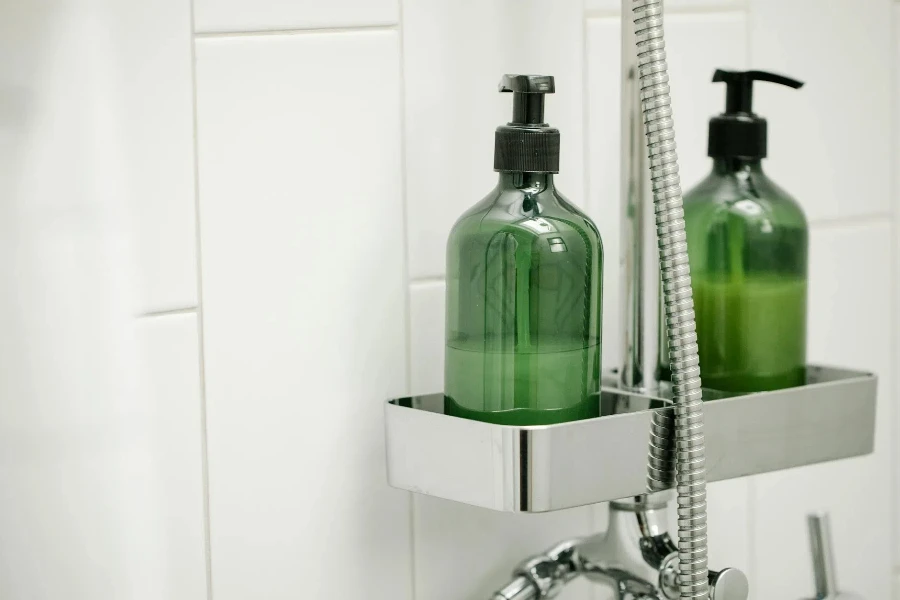
To maximize the benefits of tea tree shampoo, it’s important to use it correctly. Start by wetting your hair thoroughly before applying a small amount of shampoo to your scalp. Massage it in with your fingertips, focusing on the scalp area to stimulate blood flow and ensure the shampoo reaches the roots of your hair.
Leave the shampoo in your hair for a few minutes to allow the tea tree oil to penetrate and work its magic. This step is crucial for dealing with scalp issues such as dandruff or itchiness. Afterward, rinse your hair thoroughly with water to remove all traces of shampoo.
For best results, consider using tea tree shampoo regularly. Consistent use can help maintain scalp health and prevent the recurrence of dandruff and other scalp issues.
Selecting the right tea tree shampoo
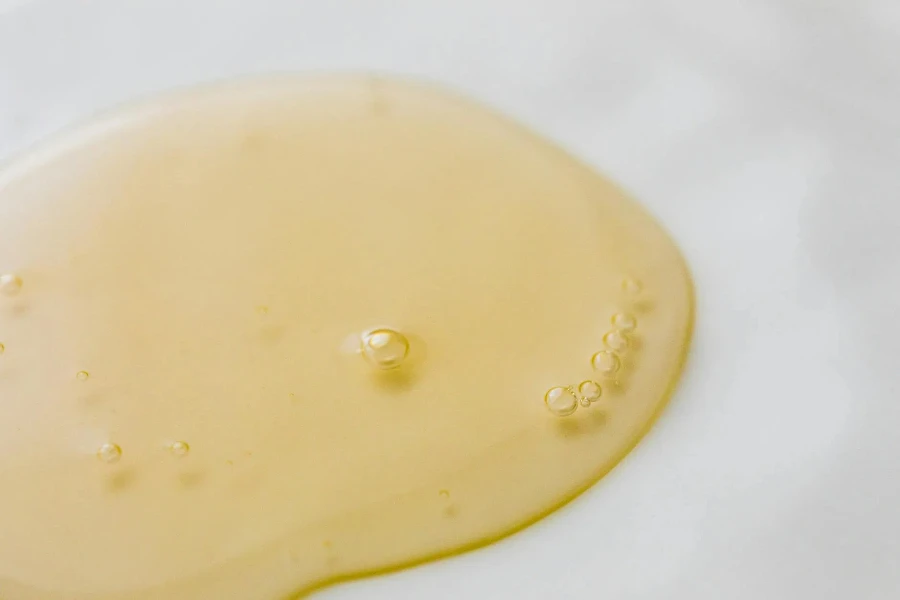
With numerous tea tree shampoos available on the market, choosing the right one can be overwhelming. Look for products that list tea tree oil as one of the top ingredients, ensuring its potency. Additionally, consider shampoos that are free from sulfates, parabens, and artificial fragrances, as these can irritate the scalp and diminish the natural benefits of tea tree oil.
It’s also wise to read reviews and research brands that are reputable for using high-quality, natural ingredients. Some products may combine tea tree oil with other beneficial ingredients like peppermint or eucalyptus, enhancing the shampoo’s effectiveness and providing a refreshing sensory experience.
Common misconceptions about tea tree shampoo
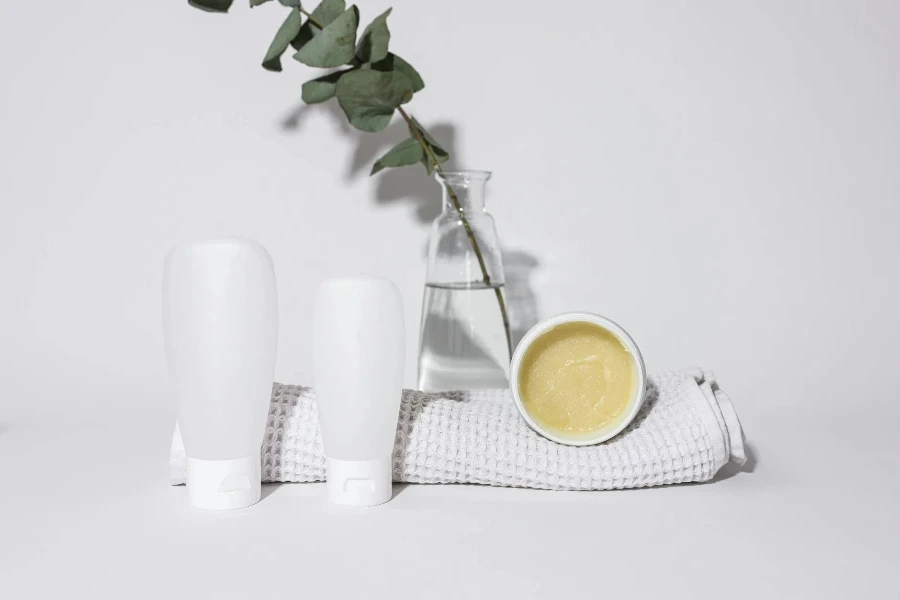
Despite its benefits, there are misconceptions about tea tree shampoo that can deter individuals from trying it. One common myth is that tea tree oil can be overly drying to the hair. However, when used in the proper concentration within shampoo, it can actually help regulate oil production and moisturize the scalp.
Another misconception is that tea tree shampoo is only beneficial for those with scalp issues. While it is indeed effective for treating dandruff and itchiness, its cleansing and growth-promoting properties make it a valuable addition to anyone’s hair care routine, regardless of scalp condition.
Tea tree shampoo for different hair types
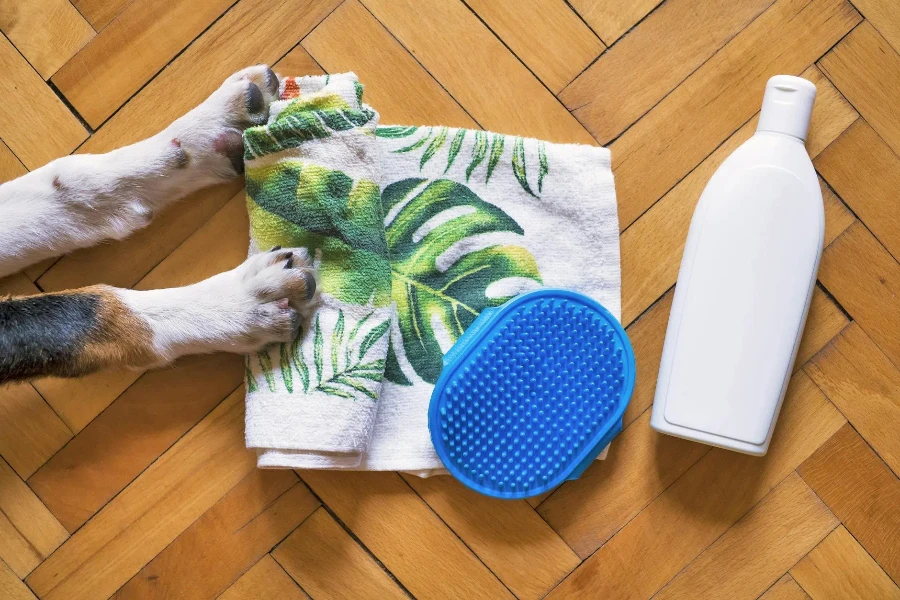
Tea tree shampoo can be beneficial for a variety of hair types. For oily hair, it can help regulate sebum production, keeping the scalp clean without over-drying. For those with dry or damaged hair, look for tea tree shampoos that include hydrating ingredients to complement the oil’s natural moisturizing effects.
Individuals with sensitive scalps should opt for tea tree shampoos formulated specifically for sensitivity, ensuring the product is gentle enough for regular use. Regardless of hair type, starting with a small amount and adjusting usage based on your hair’s response is advisable.
Conclusion:
Tea tree shampoo offers a natural, effective solution for maintaining scalp health and promoting hair growth. By understanding its benefits, knowing how to use it properly, and selecting the right product, individuals can integrate tea tree shampoo into their hair care routine with confidence. Despite common misconceptions, this versatile shampoo can cater to various hair types, making it a valuable addition to anyone’s beauty arsenal.
